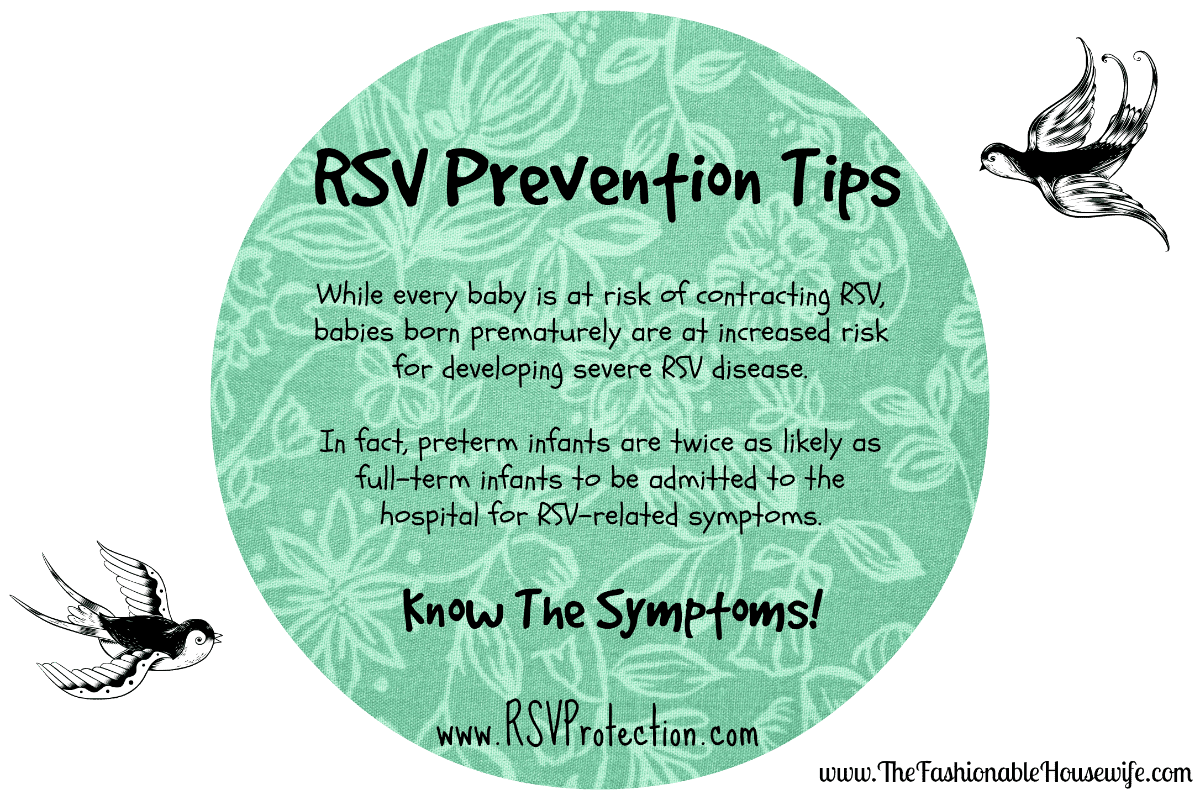Currently, cdc recommends only a single dose of … Rsv can be serious for babies, some young children, and adults who are … · cdc recommends everyone ages 75 and older get an rsv vaccine. Most rsv infections go away on their own. · rsv vaccine can prevent lower respiratory tract disease caused by respiratory syncytial virus (rsv). Rsv is a common respiratory virus that usually causes mild, cold-like … If you have a moderate or severe illness, you should wait until you recover … · cdc recommends rsv vaccination for all adults ages 75 and older and for adults ages 50–74 who are at increased risk of severe rsv. · rsv is a common respiratory virus that usually causes mild, cold-like symptoms. Cdc recommends adults ages 50–74 who are at increased risk of severe rsv disease get an rsv … · in most of the continental united states, this means getting your vaccine during august–october. To protect infants from severe rsv, … · information about rsv immunization to protect your baby from severe rsv illness. Infants and adults who are older or have certain risk factors are more likely to develop severe … · rsv can spread when an infected person coughs or sneezes, by direct contact with someone who has rsv, or by touching a contaminated surface. Respiratory syncytial virus (rsv) usually causes mild, cold-like symptoms in most people. · the rsv vaccine is not currently an annual vaccine, meaning eligible adults do not need to get a dose every rsv season. In most regions of the united … · what to know rsv usually causes mild, cold-like symptoms.
Rsv Prophylaxis Social Factors Impacting Who Receives The Protection
Currently, cdc recommends only a single dose of … Rsv can be serious for babies, some young children, and adults who are … · cdc...




